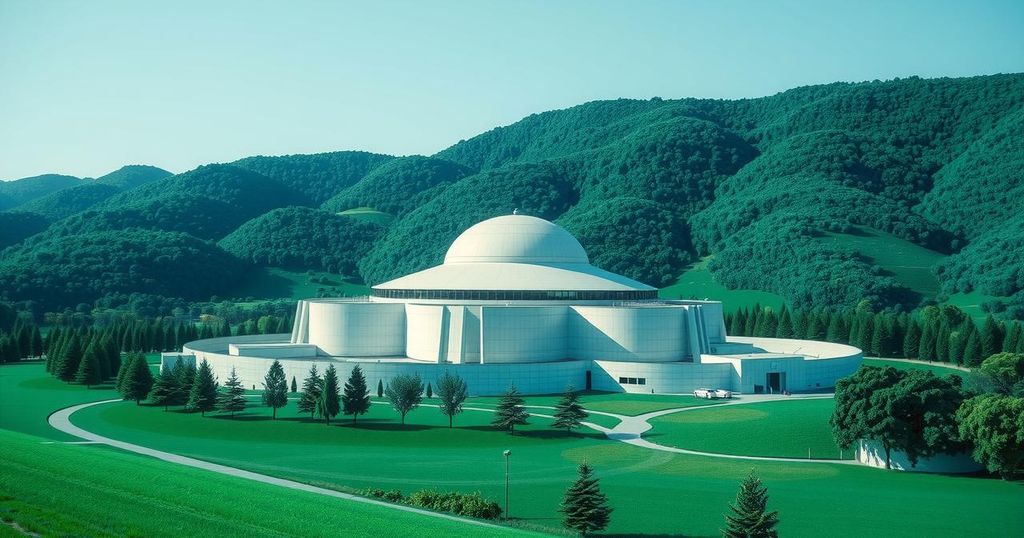An IAEA team evaluated Bolivia’s RB-01 nuclear research reactor to ensure safety standards are met as construction nears completion. Recommendations were made for enhancing staff training and safety protocols. The reactor, set to be the highest altitude research facility globally, represents significant progress in Bolivia’s nuclear program and technological development.
The International Atomic Energy Agency (IAEA) team has conducted a seven-day mission at Bolivia’s RB-01 nuclear research reactor, which is currently under construction. This assessment was requested by Bolivia’s Nuclear Energy Agency (ABEN) to ensure adherence to safety standards as the project approaches completion and prepares for commissioning. Experts from Bulgaria, Canada, France, and the Netherlands participated in this mission, alongside an IAEA official.
The RB-01 reactor, a Russian-designed pool-type model with a capacity of 200 kW, is integral to the Centre for Research and Development in Nuclear Technology located in El Alto, Bolivia. When operational in 2025, it is set to become the highest-altitude research reactor globally, situated at an elevation of 4000 meters.
Joseph Christensen, the review team’s leader and Senior Nuclear Safety Officer at the IAEA, commended ABEN for its significant progress and emphasized the importance of prioritizing safety during the commissioning process. The experts provided several recommendations for enhancing safety measures, including improved on-the-job training for future staff, establishing an independent safety committee, and updating the radiation protection program.
ABEN’s director general, Hortensia Jiménez Rivera, affirmed the organization’s commitment to a robust safety culture in implementing Bolivia’s Nuclear Programme. This initiative aims to enhance the nation’s capabilities in sectors such as health, industry, and agriculture. The construction of the new reactor is seen as a pivotal development in Bolivia’s scientific and technological landscape.
Significantly, the El Alto complex already hosts the Cyclotron Preclinical Radiopharmacy Complex, which produces pharmaceuticals to cater to Bolivia’s nuclear medicine centers. This facility is expected to improve access to timely and high-quality medical diagnostic and treatment services for Bolivians, reducing the need for international travel. Construction of the research and technology complex began in July 2021, following a contract signing with Rosatom in September 2017, with the reactor vessel installed in 2023.
The IAEA mission to Bolivia’s RB-01 nuclear research reactor underscores the country’s strides towards nuclear development while emphasizing safety. Recommendations provided by the expert team highlight essential enhancements to training and operational protocols. Additionally, the establishment of the reactor is pivotal for Bolivia’s scientific advancement and improved healthcare access through locally produced medical supplies. The initiative demonstrates a commitment to safely harnessing nuclear technology for various societal benefits.
Original Source: world-nuclear-news.org




